A Guide to a Healthier Gut
Optimal digestion is vital for your overall health and vitality. A robust digestive system ensures efficient nutrient absorption, strengthens your immune system, and keeps you energized. Integrating the right foods into your diet can markedly enhance your digestive health. Here’s a curated list of the top foods that aid digestion and nurture a healthy gut.
1. Yogurt: Probiotic-Rich Delight
Yogurt is packed with probiotics, beneficial bacteria that support digestion and maintain gut health. Probiotics balance the gut microbiome, alleviate bloating, and enhance overall digestive function.
- Benefits: Improves gut flora, alleviates irritable bowel syndrome (IBS) symptoms, and strengthens immunity.
- How to Enjoy: Eat it plain, blend into smoothies, or pair with fruits and honey for a tasty snack.
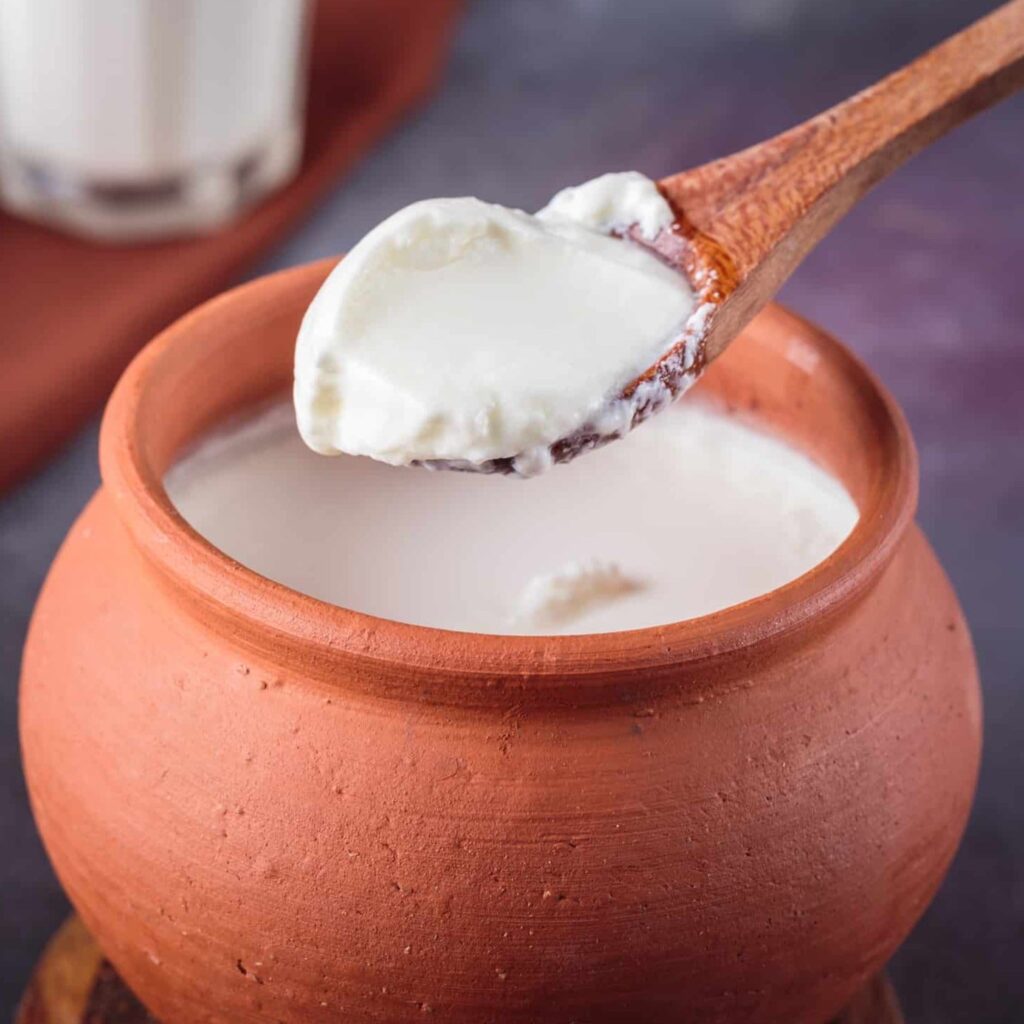
2. Ginger: Nature’s Digestive Aid
Ginger has a long history of use for treating digestive issues. It stimulates saliva, bile, and gastric juices, aiding in the smooth passage of food through the digestive tract.
- Benefits: Alleviates nausea, prevents bloating, and accelerates stomach emptying.
- How to Enjoy: Add fresh ginger to tea, smoothies, or stir-fries, or chew a small piece raw before meals.
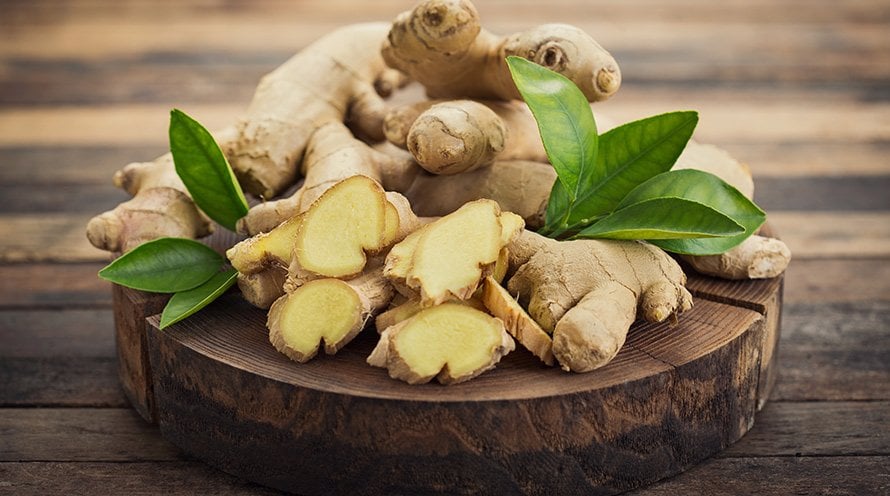
3. Whole Grains: Fiber-Packed Nutrition
Whole grains like oats, brown rice, and whole wheat are excellent dietary fiber sources, essential for healthy digestion. Fiber adds bulk to stools and promotes regular bowel movements, preventing constipation.
- Benefits: Maintains regularity, supports gut bacteria, and prevents digestive disorders.
- How to Enjoy: Incorporate whole grain bread, pasta, cereals, and rice into your meals.
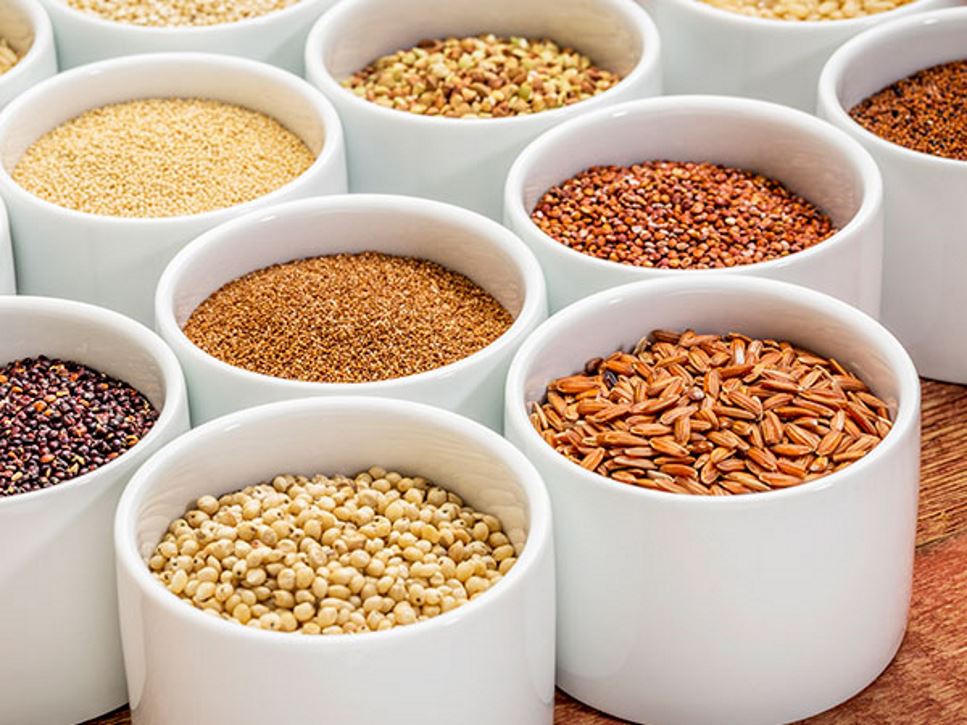
4. Apples: Pectin-Rich Goodness
Apples are rich in pectin, a soluble fiber that increases stool bulk and eases constipation or diarrhea. Pectin also acts as a prebiotic, feeding the beneficial bacteria in your gut.
- Benefits: Alleviates digestive discomfort, promotes bowel regularity, and supports gut health.
- How to Enjoy: Eat apples raw, bake them, or add slices to salads and oatmeal.
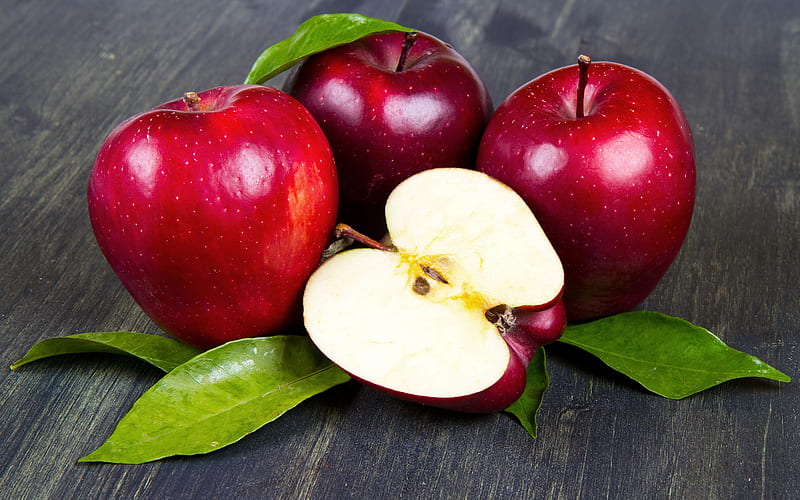
5. Leafy Greens: Nutrient-Dense and Fiber-Rich
Leafy greens like spinach, kale, and Swiss chard are loaded with fiber, vitamins, and minerals that support digestion. They also contain magnesium, which helps the colon contract and improves regularity.
- Benefits: Promotes bowel health, reduces inflammation, and boosts digestion.
- How to Enjoy: Add greens to salads, smoothies, soups, or as a side dish.
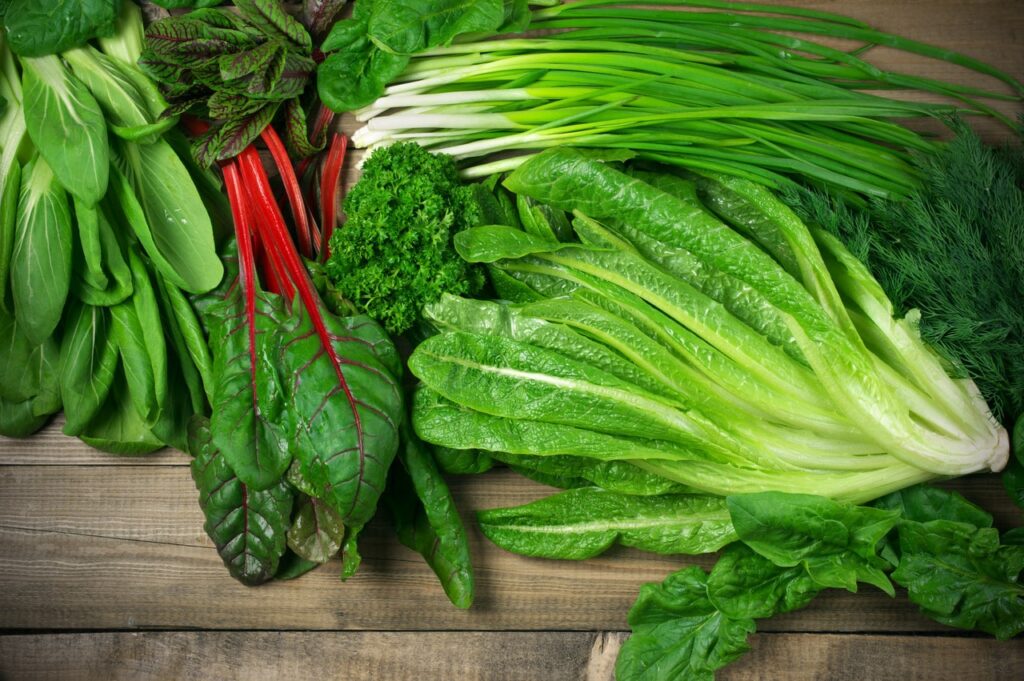
6. Bananas: Gentle on Digestion
Bananas are easy to digest and gentle on the stomach. They are rich in pectin and resistant starch, which help regulate bowel movements and restore normal gut function.
- Benefits: Relieves constipation, soothes the stomach lining, and balances gut bacteria.
- How to Enjoy: Eat bananas as a snack, blend them into smoothies, or add them to cereals.
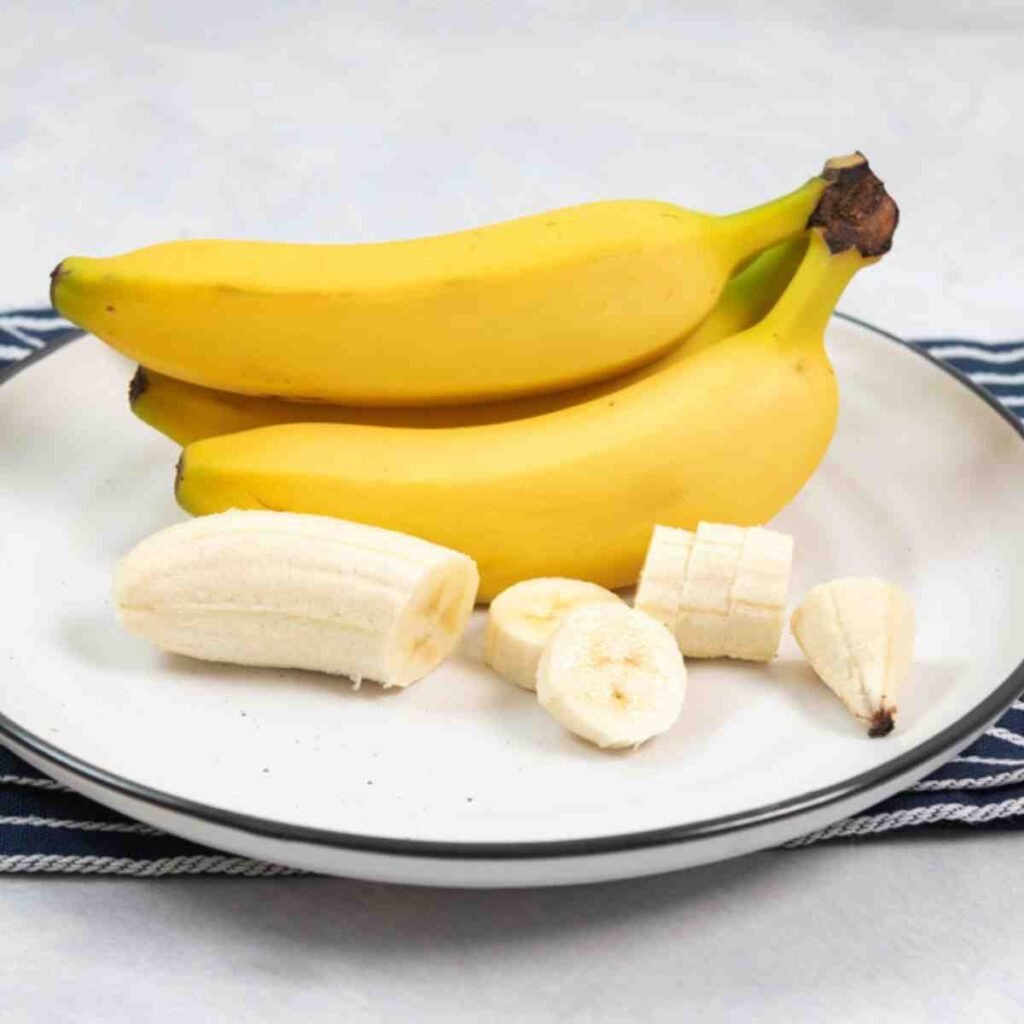
7. Fennel: Bloating Reliever
Fennel contains compounds that relax digestive tract muscles, helping to relieve bloating and gas. It also has anti-inflammatory properties that promote overall digestive health.
- Benefits: Reduces bloating, soothes indigestion, and enhances gut motility.
- How to Enjoy: Add fennel seeds to hot water for tea or use fresh fennel in salads.
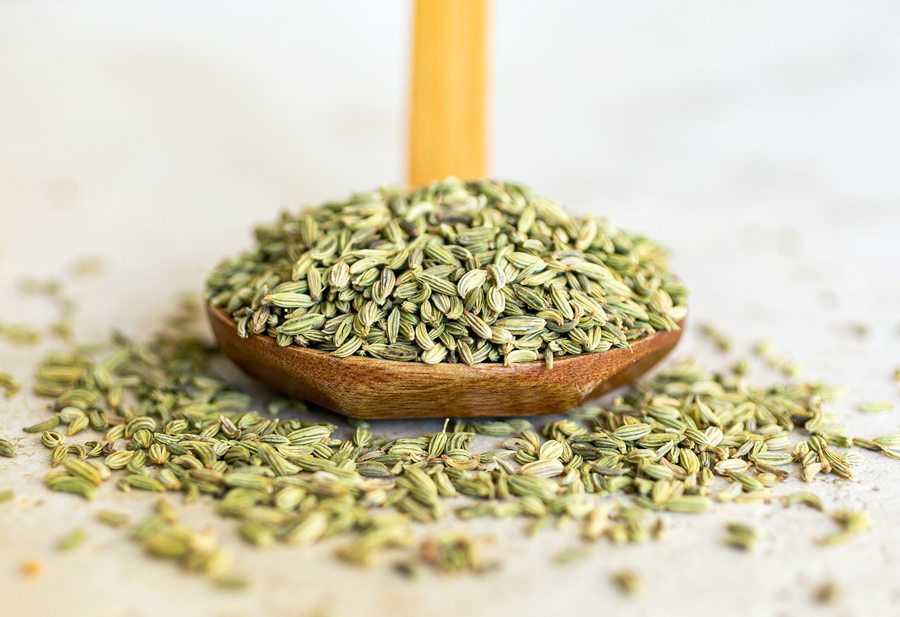
8. Chia Seeds: Fiber and Omega-3-Rich
Chia seeds are an excellent source of soluble fiber, which absorbs water and forms a gel-like substance to support digestion. They also contain omega-3 fatty acids, which help reduce gut inflammation.
- Benefits: Supports regular bowel movements, prevents constipation, and aids in digestion.
- How to Enjoy: Mix chia seeds into yogurt, smoothies, or oatmeal, or make chia pudding.
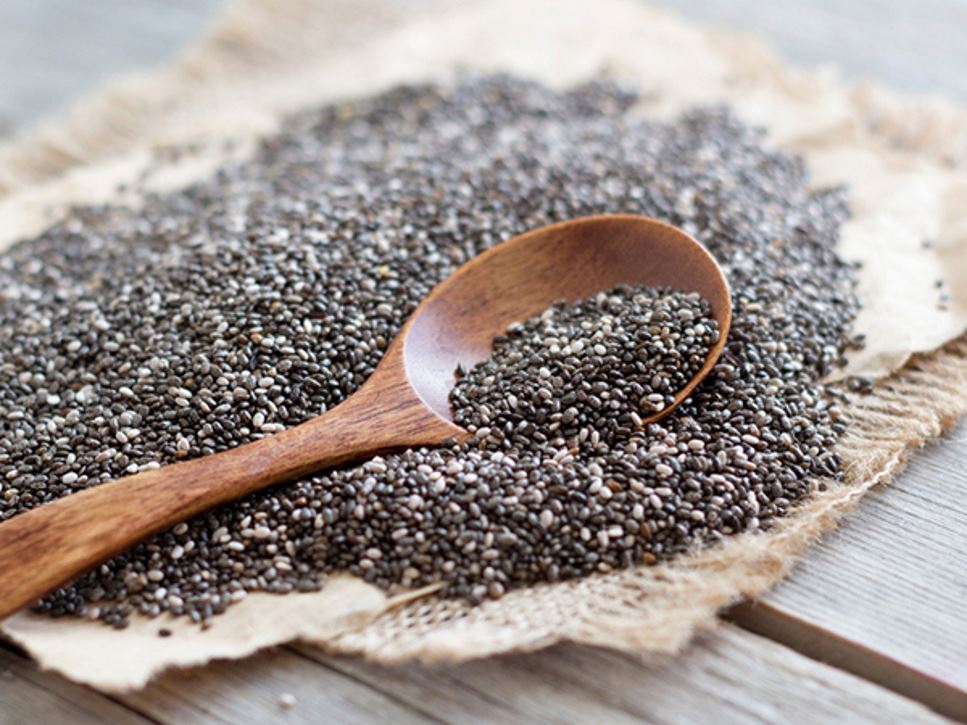
9. Papaya: Enzyme-Rich Fruit
Papaya contains papain, a digestive enzyme that helps break down proteins and aids digestion. It’s particularly beneficial for those with digestive disorders or constipation.
- Benefits: Eases digestion, reduces bloating, and relieves constipation.
- How to Enjoy: Eat fresh papaya, blend it into smoothies, or add it to fruit salads.
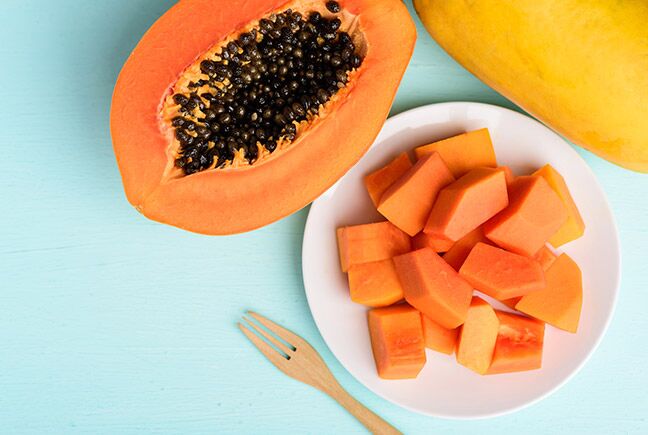
10. Peppermint: Stomach Soother
Peppermint contains menthol, which has antispasmodic properties that relax digestive tract muscles. This can alleviate indigestion and irritable bowel syndrome (IBS) symptoms.
- Benefits: Reduces gas, soothes digestive discomfort, and eases bloating.
- How to Enjoy: Drink peppermint tea or use fresh peppermint leaves in salads and drinks.
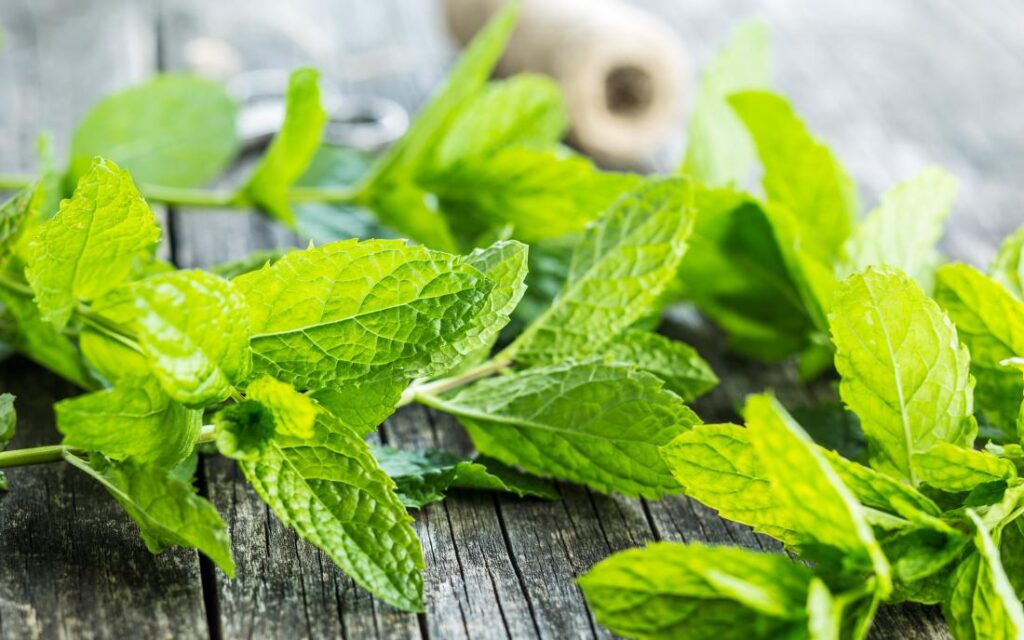
Conclusion
Elevating your digestive health begins with your food choices. Incorporating these gut-friendly foods into your daily diet can enhance digestion, reduce discomfort, and support a healthy digestive system. A balanced diet rich in fiber, probiotics, and digestive-friendly nutrients is key to maintaining optimal gut health.
